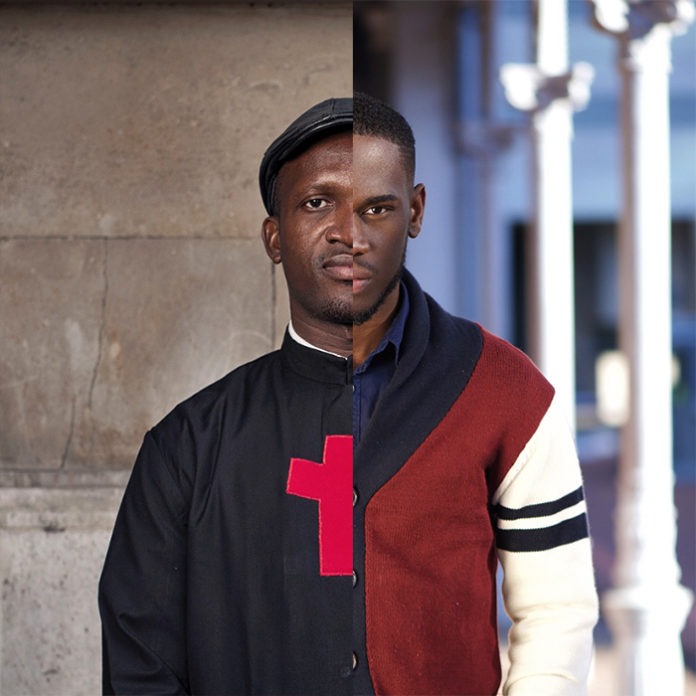
While catching up on the news just the other day, I found myself quite taken with the unfolding drama in the east African nation of Burundi. There, the sitting president, Pierre Nkurunziza, recently launched a bid to run for a third term as head of state. In protest against his intentions, people took to the streets in anger, refusing to allow what has been a pattern in most African countries. That story is still unraveling at the time of writing this piece and it will be interesting to see how it all plays out.
In reading up some more about Burundi and then about Nkurunziza, the main actor in this tragic drama, I then came across some stats that took me somewhat by surprise. According to the search site Wikipedia, “Nkurunziza self-describes himself as a born again Christian“. For a while, the contrast between a man whose actions in moving to hold on to power are polarizing a nation and someone who is supposedly a Christian (Christian leaders are, by definition, supposed to be peacemakers and servants of the people) was extremely confusing. Yet, it gave me the opportunity to ask a question many other people must be interested in having an answer to: what is a real Christian?
As I’ve been thinking about this question, my thoughts turned to social media and its influence on our modern thinking about certain concepts. Two of the major players, namely Facebook and Twitter, make use of pretty significant words in the structure of how people interact on their platforms. The two words are ‘friend’ and ‘follower’ and they will help us see something very important when it comes to figuring out what a real Christian is.
Let’s start with ‘friend’. When you look at the traditional definition of what a friend is, it’s totally different from what a Facebook friend is. A friend, as we’ve been used to knowing one, is defined as “a person attached to another by feelings of affection or personal regard”. On social media, however, even someone whom we don’t know can be called a friend just because we like their pictures or status updates. It takes less to earn the place of friendship on social media and, as a matter of fact, I have folks who are my friends on Facebook who will not so much as greet me when we are in the same room. Huh? What’s that about?
The same applies with ‘follower’. Traditionally, a follower is “a person who follows another in regard to his or her ideas or belief; disciple or adherent”. The first part of that definition probably does apply to the social media use of the word but not so much the second. In reality, a disciple will follow the master to the death and will give his or her very life to honor those ideas or beliefs. On Twitter though, if I get tired of someone or suddenly feel that I no longer want to hear what they have to say, it’s a simple case of pressing the ‘unfollow’ option and poof, goodbye!
It seems we’ve got everything twisted and we’ve blurred the line to the point that we can’t really see clearly. Coming back to the original question, what is a real Christian? There are actually two sides to it – the position of being a Christian and the function of being a Christian.
- Positional Christianity. In the Bible, it’s stated that all it takes to become a Christian is to believe and to confess. Unless someone chooses or begins to believe something else, they remain a Christian and that can’t be taken away from them.
- Functional Christianity. This is what should naturally follow after the first step of choosing to believe in Jesus Christ. Because He lived a certain way, anyone who calls themselves a Christian should also, in everyday life, do their best to follow that example. Christianity is a faith that contains practices, principles and disciplines. Without them, an observer would not be able to identify somebody as a Christian even if, by position, he or she is one.
The best way to answer the tricky question of what a real Christian is would really be to say that a healthy Christian is one who is as much a Christian by position as by function. It can’t be enough to enjoy saying I am a Christian and yet I hate people. One of the greatest commandments of the Christian faith is to love others. Christianity is a faith that is progressive and that encourages growth. The only way to grow is to actually put into practice the principles that Christ taught his disciples.
Where do you stand? Are you just a nominal Christian but not actually able to see what faith in Christ can do for you practically? The heart of this post is about giving you a nudge to consider being functional in your Christianity if you’re not doing that. Don’t be stuck in the place of just being called a Christian by name. If you’d like to know more about an active and living relationship with Christ, please click on the banner below and watch the video.
